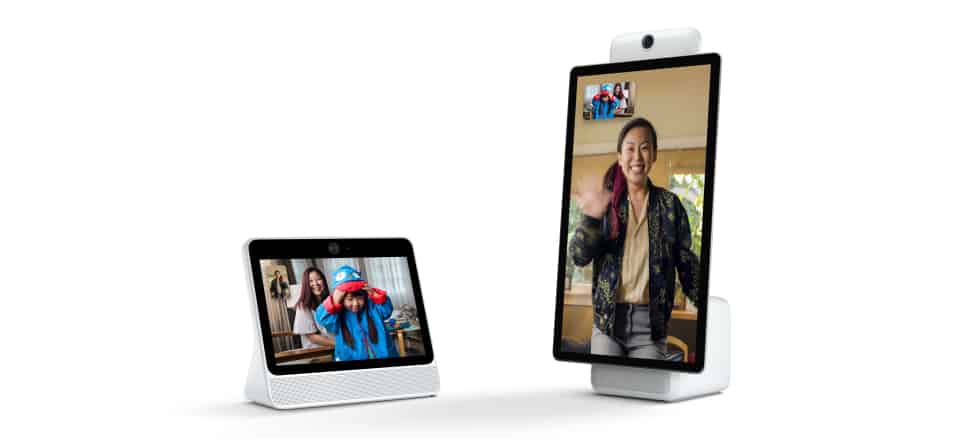Facebook’s new Portal smart speaker, an Echo Show rival that’s designed for video chat, sounds like a privacy nightmare straight out of Black Mirror.
But you know who could benefit from concerns about Mark Zuckerberg’s smart camera? Apple — and specifically the HomePod. Here’s why.
“Who would have an always-listening device in their home?” That’s a question I’ve debated plenty of times with folks who just don’t get smart speakers. Some people simply can’t wrap their heads around owning a device that listens in on their conversations at home. And I don’t blame them.
Smart speakers pose privacy problems
Still, I’m a sucker for smart speakers. They make certain tasks easy and enjoyable, even though I realize the inherent privacy problems they pose. Last May, an Amazon Echo smart speaker recorded a Portland couple’s private conversation and sent it to a random phone number in their address book. This happened entirely without their permission.
Google’s Home devices, meanwhile, have been found to reveal a user’s exact physical location to within 30 feet. That’s just the tip of the iceberg for Google, which has had enough other dodgy data-related problems to made it a bête noire to privacy advocates.
However, here in 2018, no tech company stands out as more of a threat to user privacy than Facebook. High-profile Silicon Valley investors and engineers, many with detailed knowledge of how the company works, often recommend deleting the Facebook app. This year’s Cambridge Analytica scandal even resulted in a federal investigation.
I think the Facebook Portal is a bad idea — at least as far as PR goes. It’s going to bring to the forefront people’s concerns about having smart devices in the home, watching their every move. But Apple could stand to benefit, and this is exactly the right time to capitalize on the situation.

Photo: Facebook
Turning around the struggling HomePod
Right now, Apple’s HomePod is languishing. Sales have reportedly been disappointing. A recent report from Strategy Analytics says Apple only sold 1.3 million HomePods this year. While Apple probably harvests considerably more cash per unit than makers of rival smart speakers, the HomePod does not scream “must have.”
Highlighting the HomePod’s privacy-first approach would be great for Apple. If people are worried about data-hungry tech giants listening in on their every move, Apple could establish its smart speaker as the safe alternative.
Sure, HomePod costs more than its competitors. But you’re paying more up-front because it’s not a loss leader designed to make money from you in other ways. (Well, other than that subscription to Apple Music, of course!)
Think of HomePod’s pricing as the difference between a premium app and a “free” one loaded with in-app purchases and ads.
Keeping your secrets secret
Apple stated categorically that it will not store or sell any data collected by the HomePod. “No information is sent to Apple servers until HomePod recognizes the key utterance ‘Hey Siri,’ and any information after that point is encrypted and sent via an anonymous Siri ID,” the company said in a statement.
Apple could stand to say this again — and more loudly — as Facebook Portal launches.
Tim Cook and Co. talking about privacy is nothing new. Heck, Apple engaged in a high-profile face-off with the FBI over this very topic. However, the public is becoming more and more aware of the dangers of data breaches.
When it comes to HomePod, Apple should trumpet this key differentiator for its high-end smart speaker.
HomePod: The secure smart speaker
Do I think that highlighting HomePod’s privacy-first approach will make it a runaway market leader? Not right now I don’t. But I definitely think the company should showcase its unique approach to user privacy. And I suspect that would push a few more folks in the HomePod’s direction.
If I worked for Apple’s marketing department, I’d be scrambling to come up with a good ad campaign to showcase the privacy features built into HomePod.
Privacy is a card Facebook cannot play, but it’s an ace in the hole for Apple.


